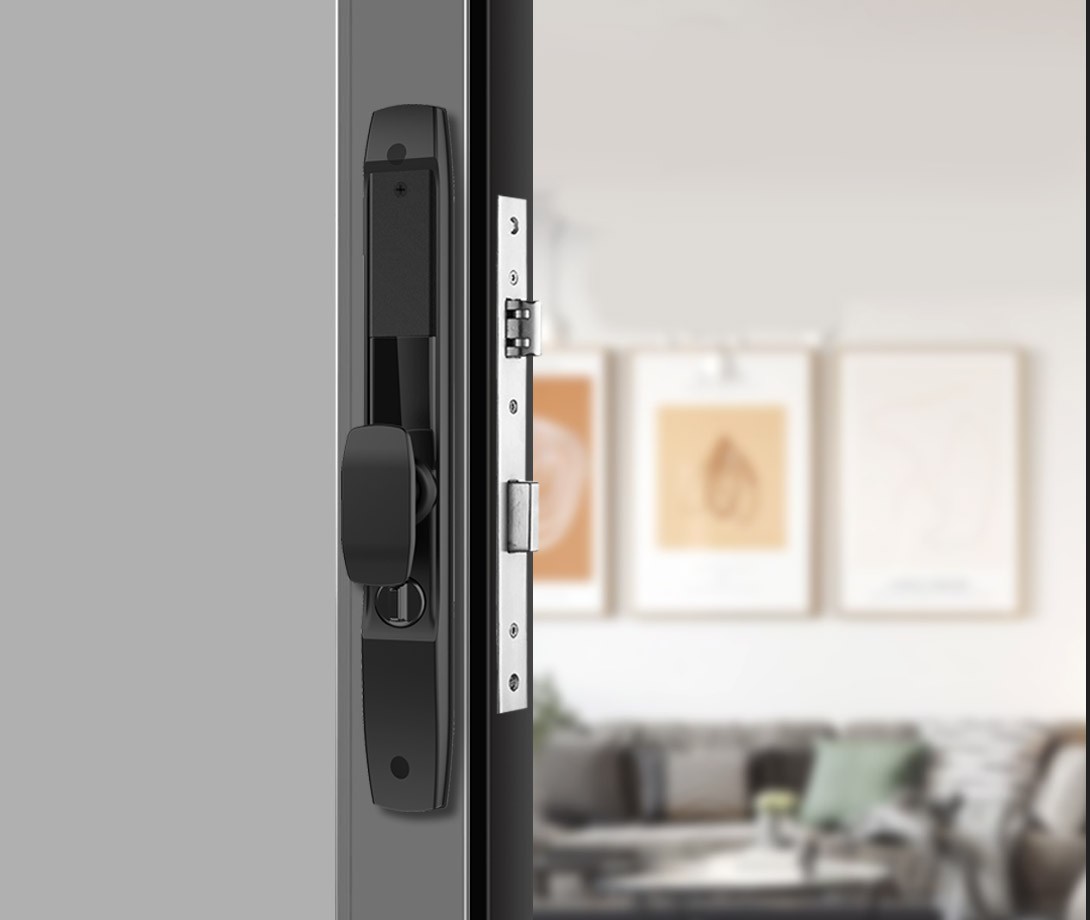Do Smart Locks Require Wi-Fi?
Smart locks are revolutionizing home security by offering keyless entry, remote access, and seamless integration with smart home systems. But one common question many buyers have is: Do smart locks require Wi-Fi to work?
The answer isn’t straightforward—some smart locks rely on Wi-Fi, while others use alternative connectivity methods. Understanding how these locks function will help you choose the best one for your needs.
In this guide, we’ll cover:
-
How Wi-Fi affects smart lock functionality
-
Smart locks that work without Wi-Fi
-
Pros and cons of Wi-Fi vs. non-Wi-Fi smart locks
-
Key factors to consider before buying
1. Do All Smart Locks Need Wi-Fi?
No, not all smart locks require Wi-Fi. While many modern smart locks use Wi-Fi for remote access and automation, others rely on:
-
Bluetooth (for short-range smartphone control)
-
Z-Wave or Zigbee (for smart home integration via a hub)
-
RFID or Keypad (for offline access)
How Different Smart Locks Connect
| Connection Type | Required for Remote Access? | Works Without Internet? |
|---|---|---|
| Wi-Fi | Yes | No (needs internet for remote control) |
| Bluetooth | No (local only) | Yes (works offline) |
| Z-Wave/Zigbee | Only with a hub | Yes (hub needs internet for remote access) |
| RFID/Keypad | No | Yes (fully offline) |
Key Takeaway:
-
If you want remote access (locking/unlocking from anywhere), you’ll need Wi-Fi or a hub.
-
If you only need keyless entry at the door, Bluetooth or keypad locks work without Wi-Fi.
2. Smart Locks That Don’t Require Wi-Fi
A. Bluetooth-Enabled Smart Locks
These locks connect directly to your smartphone via Bluetooth, allowing you to unlock the door when nearby.
Pros:
-
No Wi-Fi needed for basic operation
-
Better battery life (no constant Wi-Fi drain)
-
Works offline
Cons:
-
No remote access without a Wi-Fi bridge
-
Limited smart home integration
B. Z-Wave or Zigbee Smart Locks (Hub Required)
These locks connect to a smart home hub instead of Wi-Fi.
Pros:
-
More stable than Wi-Fi (less interference)
-
Works in a smart home ecosystem
-
Remote access possible via the hub
Cons:
-
Requires an additional hub purchase
-
Slightly more complex setup
C. Offline Keypad or RFID Smart Locks
These locks operate entirely without wireless connectivity, using:
-
PIN codes (for keypad models)
-
RFID cards/fobs (for touch-to-unlock systems)
Pros:
-
No internet or smartphone needed
-
Never loses connectivity
-
Great for rentals or shared access
Cons:
-
No remote access or notifications
-
Limited smart features
3. Smart Locks That Require Wi-Fi
If you want full remote control (via an app from anywhere), these locks need Wi-Fi:
A. Built-in Wi-Fi Smart Locks
These have Wi-Fi chips inside, so they connect directly to your home network.
Pros:
-
No extra hub needed
-
Real-time remote access
Cons:
-
Higher battery drain (requires frequent charging)
-
Can lose connection if Wi-Fi is unstable
B. Wi-Fi Bridge-Enhanced Locks
Some locks offer a Wi-Fi bridge that adds remote access to Bluetooth models.
Pros:
-
More battery-efficient than built-in Wi-Fi
-
Adds remote features later if needed
Cons:
-
Extra device to buy and set up

4. Pros and Cons of Wi-Fi vs. Non-Wi-Fi Smart Locks
| Feature | Wi-Fi Smart Locks | Non-Wi-Fi Smart Locks |
|---|---|---|
| Remote Access | Yes | No (unless using a hub) |
| Works Offline | No | Yes |
| Battery Life | Shorter (due to Wi-Fi) | Longer |
| Smart Home Integration | Direct (Google/Alexa) | Needs a hub (Z-Wave/Zigbee) |
| Internet Dependency | Required for full features | Not needed |
Best for Wi-Fi Locks:
Homeowners who want remote access
Users with strong, reliable Wi-Fi
Those who prefer no extra hubs
Best for Non-Wi-Fi Locks:
People in areas with poor Wi-Fi
Users who prioritize battery life
Renters or those who don’t need remote control
5. Which Smart Lock Should You Choose?
A. Get a Wi-Fi Smart Lock If You:
-
Want to lock/unlock doors remotely
-
Use voice assistants (Alexa, Google Home)
-
Don’t mind recharging batteries more often
Recommended Models:
-
August Wi-Fi Smart Lock
-
Eufy Smart Lock Touch
B. Get a Bluetooth/Z-Wave Lock If You:
-
Only need local access (at the door)
-
Prefer longer battery life
-
Already have a smart home hub
Recommended Models:
-
Yale Assure Lock (Z-Wave)
-
August Smart Lock Pro (Bluetooth + optional bridge)
C. Get an Offline Keypad/RFID Lock If You:
-
Don’t need smartphone control
-
Want a simple, reliable entry system
-
Need a low-maintenance solution
Recommended Models:
-
Kwikset SmartCode 888
-
Master Lock RFID Deadbolt
Final Verdict: Wi-Fi is Optional for Smart Locks
Not all smart locks require Wi-Fi. Your choice depends on:
Do you need remote access? → Wi-Fi or hub-based lock
Do you prefer longer battery life? → Bluetooth or offline lock
Do you have a smart home system? → Z-Wave/Zigbee lock
By understanding these differences, you can pick the best smart lock for your lifestyle—whether it relies on Wi-Fi or not.
Still Unsure Which Smart Lock to Choose?
If you need personalized recommendations based on your home setup, ask in the comments below! We’ll help you find the perfect smart lock—with or without Wi-Fi.



